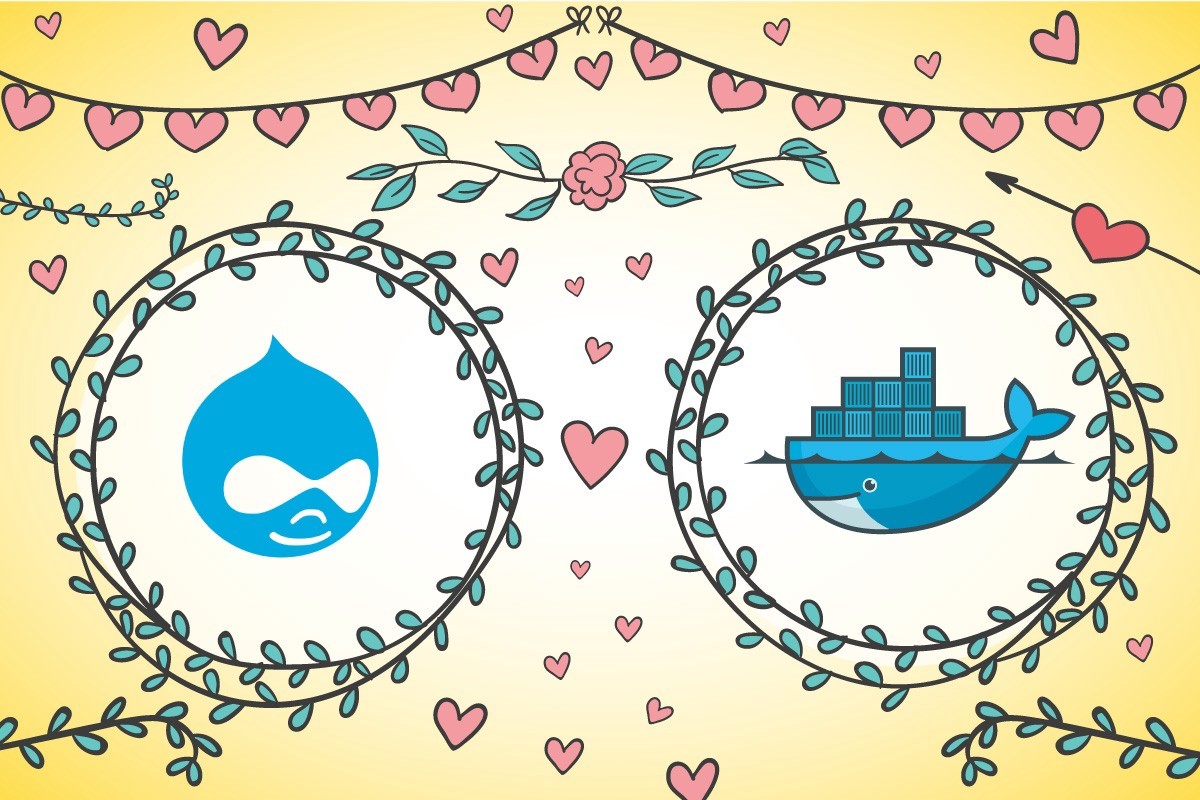Open source initiative Docker4Drupal.org

We can already firmly state that containers, and in particular docker, have become the de facto standard for developers. You can still argue about the applicability of containers in production, but no one argues that for local development and dev instances, Docker is irreplaceable.
That is why we decided once and for all to solve the headache for the Drupal developers by starting the open source Docker4Drupal.org initiative. Especially because for Drupal the environment is rather standardized.
Actually what is the initiative? We provide the docker compose file, which contains the description of services (containers) pre-configured for working with Drupal (7 and 8 versions). When you run the compose file (read the full instructions on the site ), the containers needed for local development on Drupal are downloaded and started. Public images are used, whenever possible official.
')
It looks like this:

We call this whole set of containers a bundle and plan to update it regularly.
In short, there is:
- You can configure the bundle by changing the compose file, for example, optionally enable redis / memcached containers to use as the default cache storage
- You can raise the search engine Apache Solr with the admin, which is popular among drupalistov
- There is xdebug, composer and drush
- PhpMyAdmin is installed by default.
- It is possible to simplify the database during the initial scan by putting the file (s) with a dump into a special volume for the mariadb container
- By default, there is a mailhog to intercept and view all emails sent from the local environment.
- You can change the version of PHP (5.6 or 7)
- You can view the logs of all containers at once or separately
I do not copy the full instructions here, because we update and supplement it, the current version is always available on the githaba.
All Drupalists are campaigning to subscribe to the githab repository and report bugs.
Source: https://habr.com/ru/post/306504/
All Articles